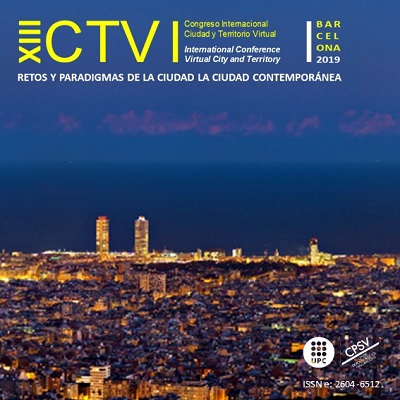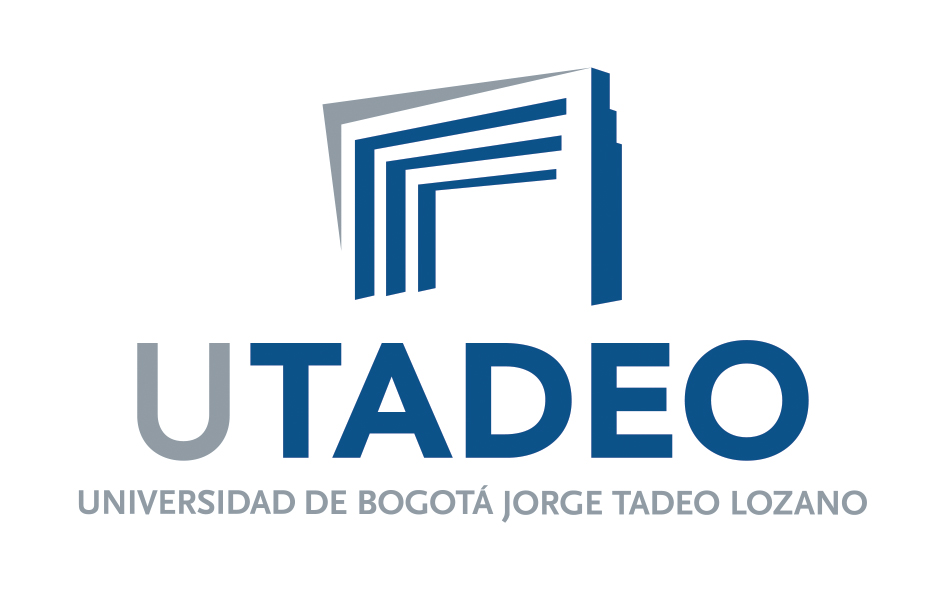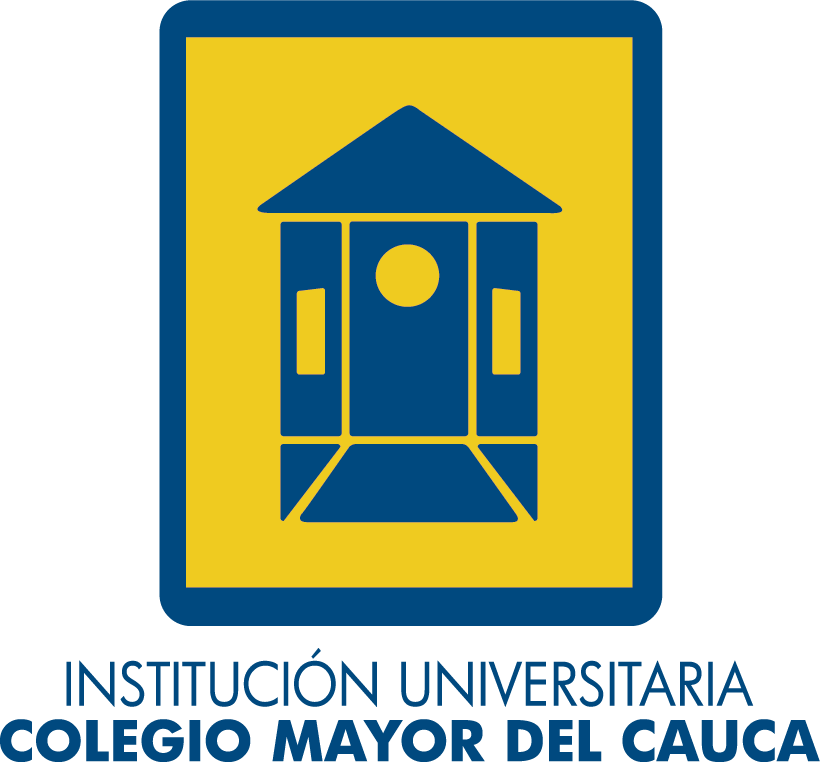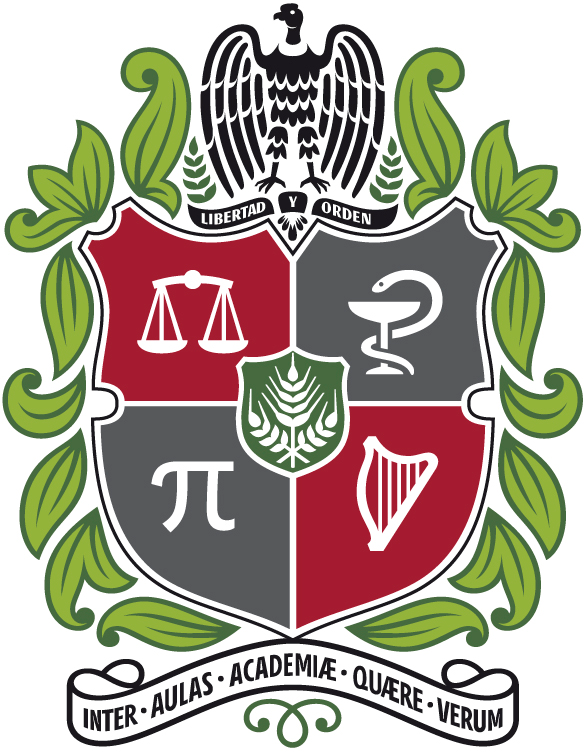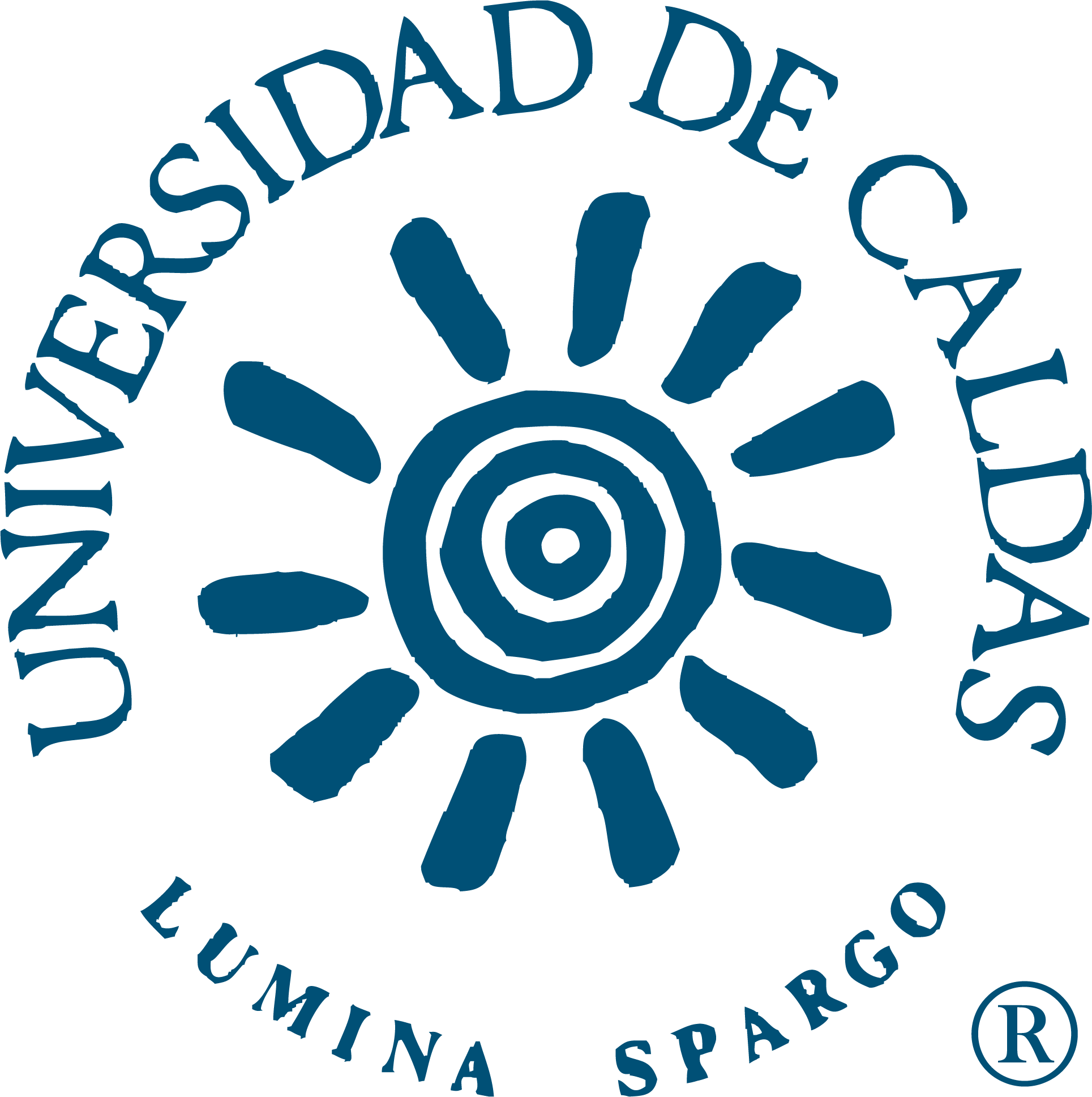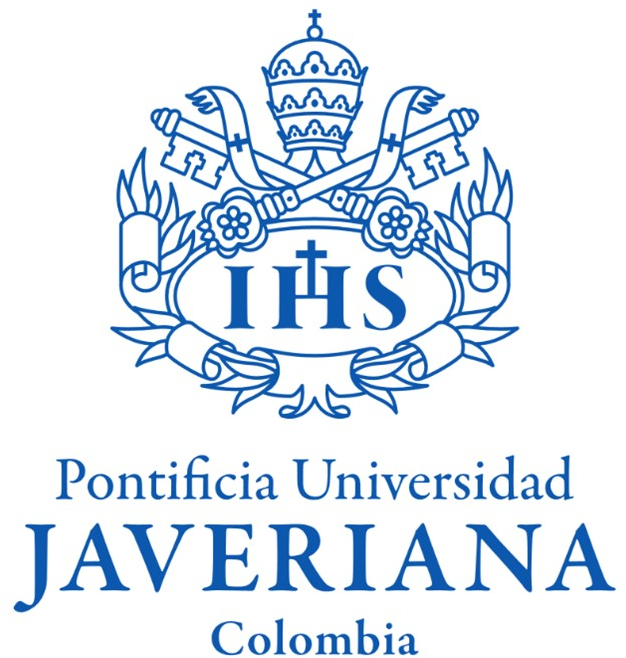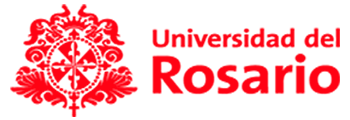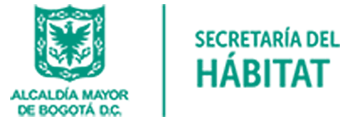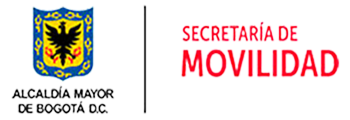The transformation of industrial vacant land as a principle for the cohesion and regeneration of the municipalities of southern Madrid
DOI:
https://doi.org/10.5821/ctv.8485Keywords:
Gentrification, Villaverde, Madrid, Planification, Real EstateAbstract
Madrid, like many cities in the world, is undergoing a progressive “turistization” and gentrification (Dominguez & Leal, 2008). This process is notably transforming the sociological characteristics of the urban spaces by new ones destined for a floating population, whose main representatives are tourists and temporary residents. Thus, commercial, social and cultural activities tend to promote the homogenization of public space in favor of the consumer of scale. This process progressively excludes the local population which cannot cope with the increase in the cost of living or the progressive deterioration and replacement of the traditional socio-economic framework. Gentrification in turn leads to a displacement of the local population to environments that are more economically accessible, mainly located in the metropolitan peripheries, in a clear process of "social centrifugation" (Santiago Rodríguez, 2007). However, in large cities, and due to real estate pressure, these areas maintain market prices that are much higher than the average purchasing power. This circumstance hinders both access to housing and social involvement in a process of urban improvement.
In the case of Madrid, and specifically in the District of Villaverde, this phenomenon is evidenced in high returns on real estate investment that do not materialize, however, either in an improvement of the urban space or in the increase in the quality of life of the local owners of traditional housing and local commerce (Dominguez & Leal 2008). In this way, the real estate pressure, added to the progressive aging of the population and the dismantling of the belt industry located in the southeast of the capital favors the degradation of these areas. In view of this, the need to implement different effective actions that endow and regenerate the social network is raised, in order to reverse the increasing levels of exclusion. Thus, over the last year, the most representative agents and interest groups of the district of Villaverde (Madrid) and its neighboring municipalities (Leganés and Getafe) have been analyzed in order to develop a strategy that allows the inclusion of new population, young profile, compatible and complementary to traditional social networks. In this way, the article exposes through a quantitative and qualitative analysis the possible urban alternatives to social demand. And, especially with regard to the consensus scenarios in order to promote proposals that are realistic for the reuse of the old vacant industrial plots in these areas. The methodology used based on the costs of housing and rent has allowed us to propose a strategic action proposal for urban regeneration in phases, respecting both social demands and predominant land uses.
Finally, the proposals for an urban regeneration strategy on vacant industrial plots that have obtained greater acceptance among agents and interest groups are presented. So that the introduction of a new use and neighborhood profile is encouraged to improve the social and urban cohesion of southern Madrid.


